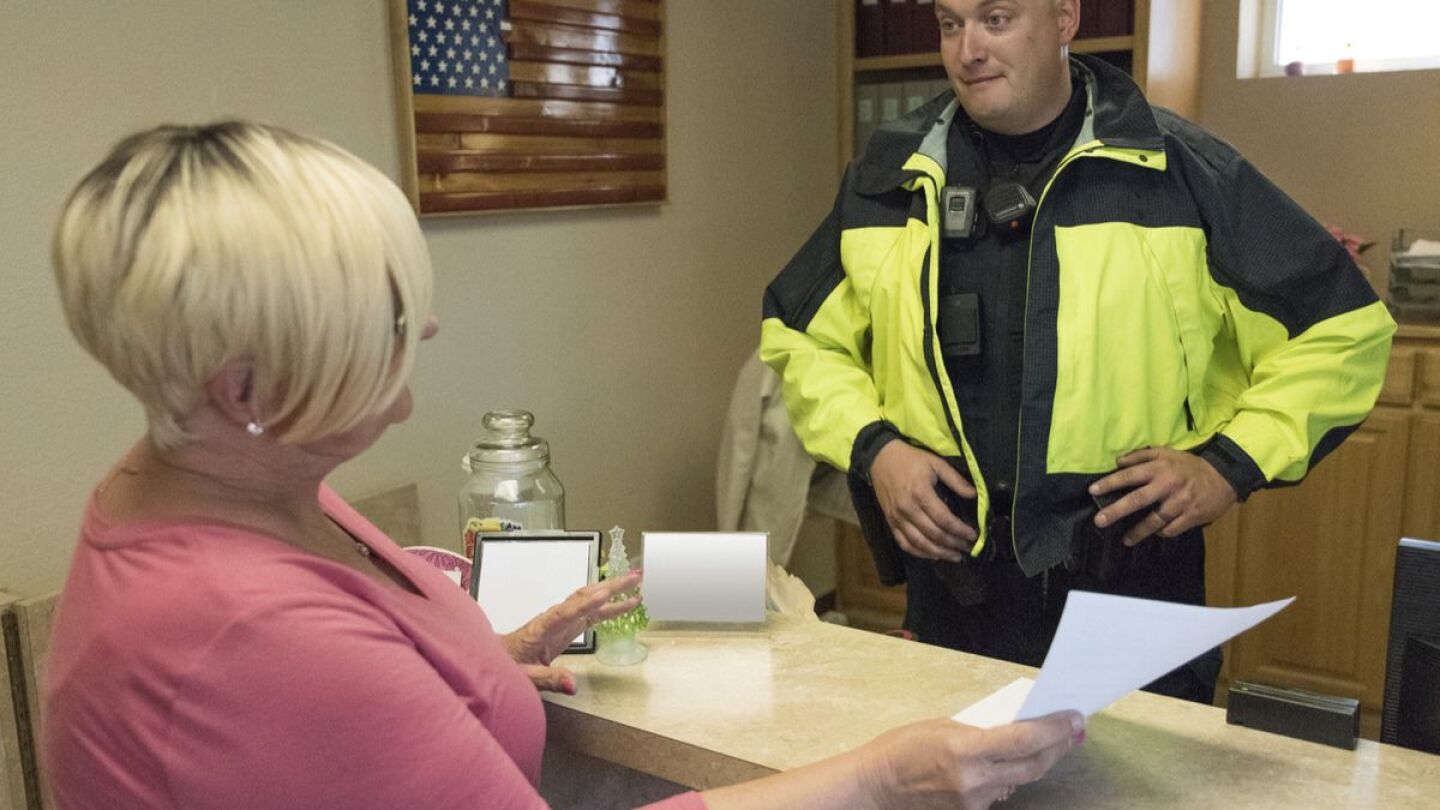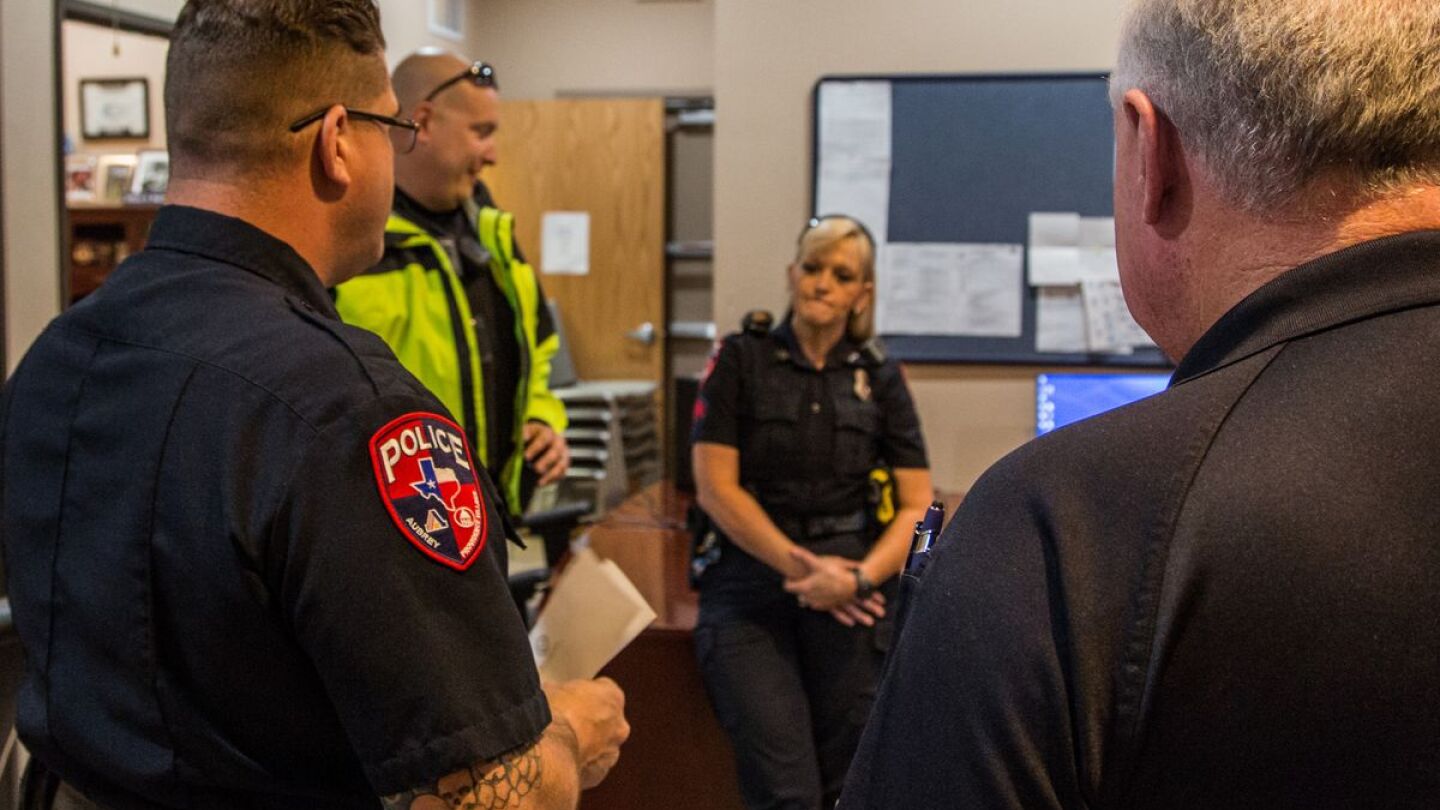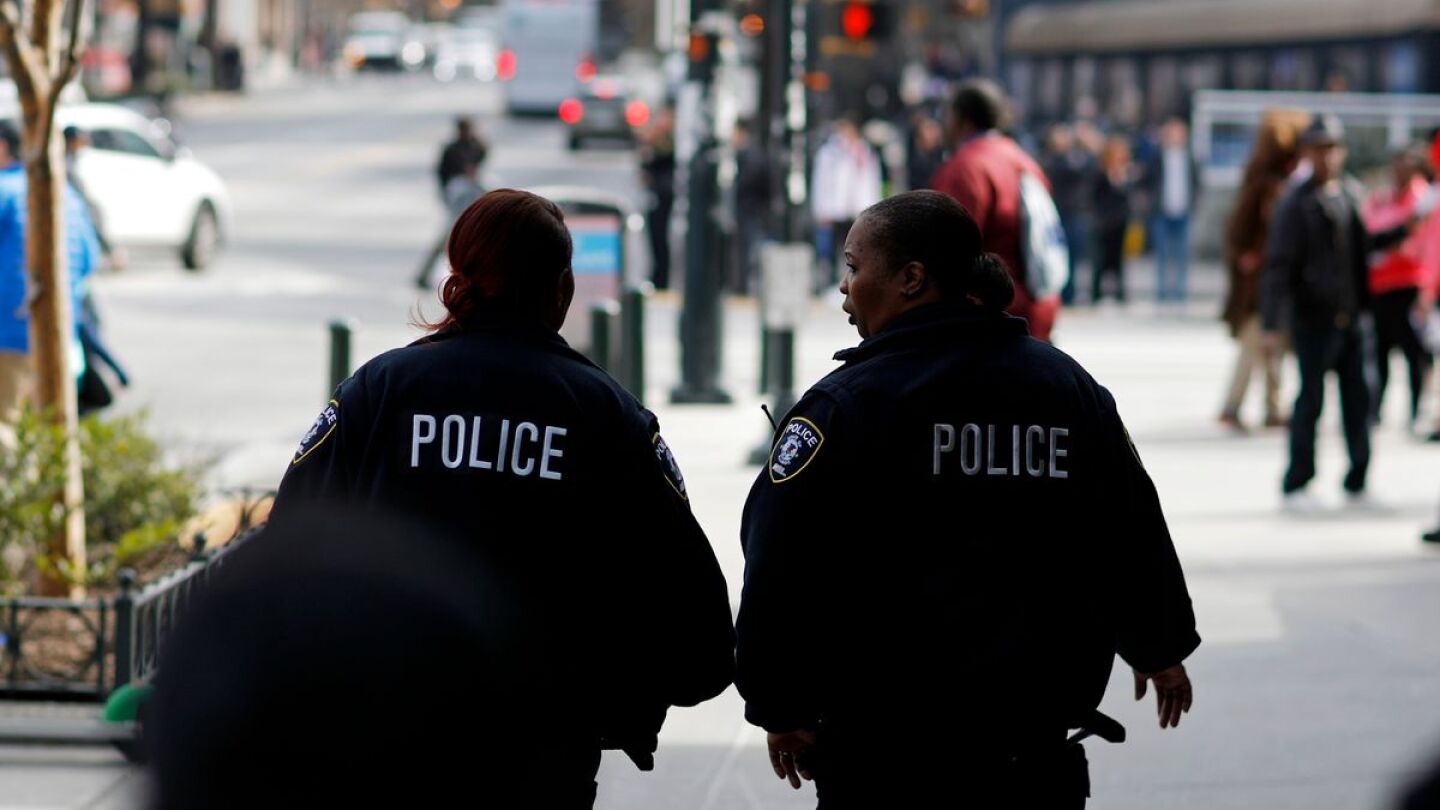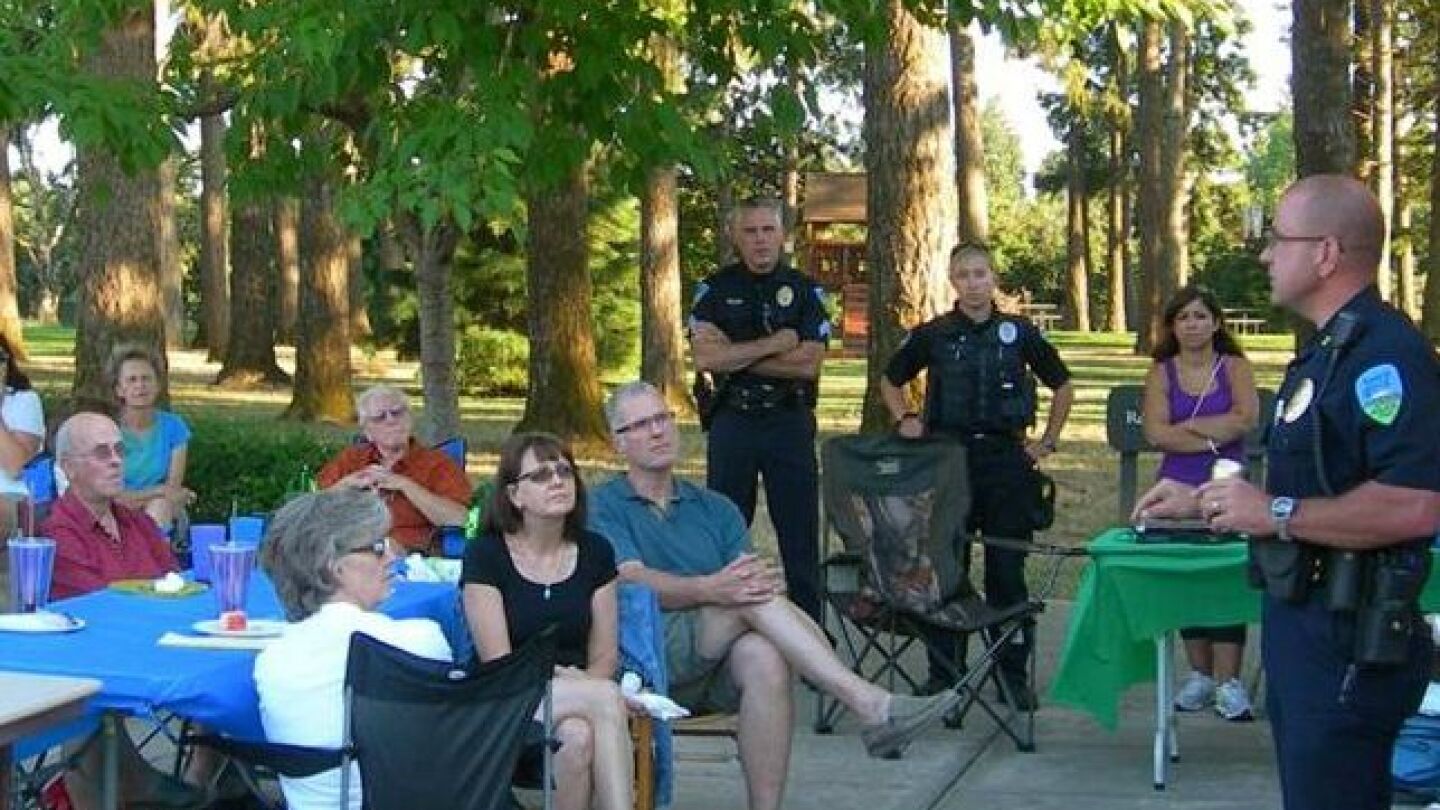Leadership
By giving officers real-time access to video, RTCCs are turning in-progress calls into solved cases and helping agencies close investigations faster and more safely
Grit-driven leaders model resilience for their teams, inspiring officers to approach difficulties with a sense of determination and unwavering commitment
Nikki North, RTCC manager at the Flagler County (Fla.) Sheriff’s Office, shares how mutual respect and early involvement are key to successful communication
Successfully effecting operational and cultural change in your agency
Change doesn’t have to be painful – follow these simple steps to successfully implement new programs, policies and procedures in your agency
The “sage on the stage” is not a posture designed for listening, but a barrier of separation
Your self-improvement efforts should not start when you take a formal leadership position on SWAT – your efforts should start even before you make the team
From balancing budgets to ensuring officers train on the latest tactical concepts, good leadership occurs before, during and after the call
From mobile bunkhouses for officers held over for court to comprehensive wellness programs, here’s a look at police officer retention strategies in action
The working relationships the supervisor cultivates (or doesn’t) plays a large role in whether people stay or leave their positions
A formal plan that allows officers to grow and develop new skill sets will pay back dividends to your officers, your agency and your community
Police-community relationship often fail because the law enforcement officer is unaware of a fact the community constituency knows all too well
The idea that somebody else should get to vote on our course of action is contrary to our instincts – but it is key to successful community policing
When a police agency fails to protect its community, the failure can almost always be traced to the head of that agency
After a disaster, first responders are always on the job, but it’s the second responders who can transform tragedy into triumph
The Gen Ys and millennials of today will be the administrators of tomorrow – we must give them the tools and knowledge to excel
What can leaders, managers and supervisors within a law enforcement agency do to mitigate work-related stress experienced by officers?
Do law enforcement leaders really understand what their line officers deal with on a daily basis?
Being as transparent with your personnel as you are with your communities is key to being a supportive law enforcement leader
Hard work and self-improvement is not just the path to positional success – it is the path to true leadership
Many police departments are starting the New Year at less than optimal staffing levels – if that describes your agency, follow these strategies to find new police recruits
From spending time with patrol to prioritizing officers’ mental health, here’s what police leaders should do in the New Year
Smaller law enforcement agencies often face an uphill battle due to limited resources
The police can be part of the solution, even if they aren’t part of the action
From active shooter response protocols to screening processes for new recruits, police leaders will face many challenges in the coming year
Departments are competing with other departments, as well as the private sector, for the best and brightest employees
Today’s police leaders are the fulcrum – the tipping point – in managing the increasing rate of change and complexity in the policing profession
The desire to be well-liked can make it difficult for new supervisors to make unpopular decisions that may disappoint the officers they lead
It can be a struggle for today’s police leaders to connect officers with their mission as they field questions like, “Does anyone care?”
Established as the First Provincial Militia in 1670, the SCSG is an all-volunteer state defense force organization within the S.C. Military Department
How much could your department save with a web-based training solution?
The War on Terror forced the military to abandon traditional hierarchical organizational structures and streamline operations, creating best practices police can adapt
Law enforcement and the public they serve benefit every day from advances developed in military research

































